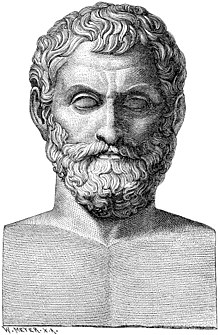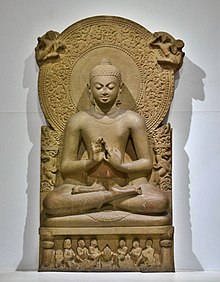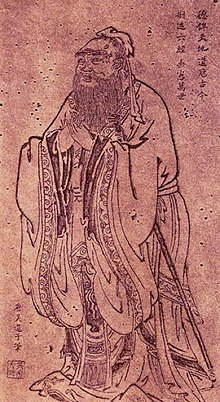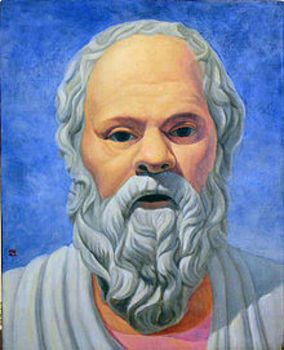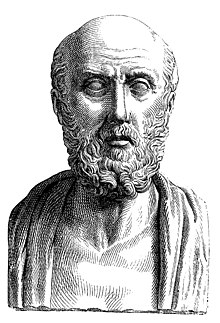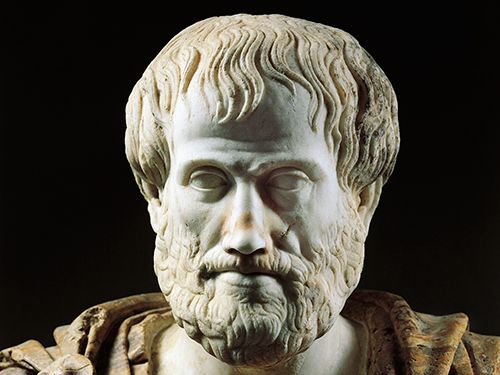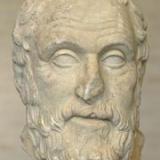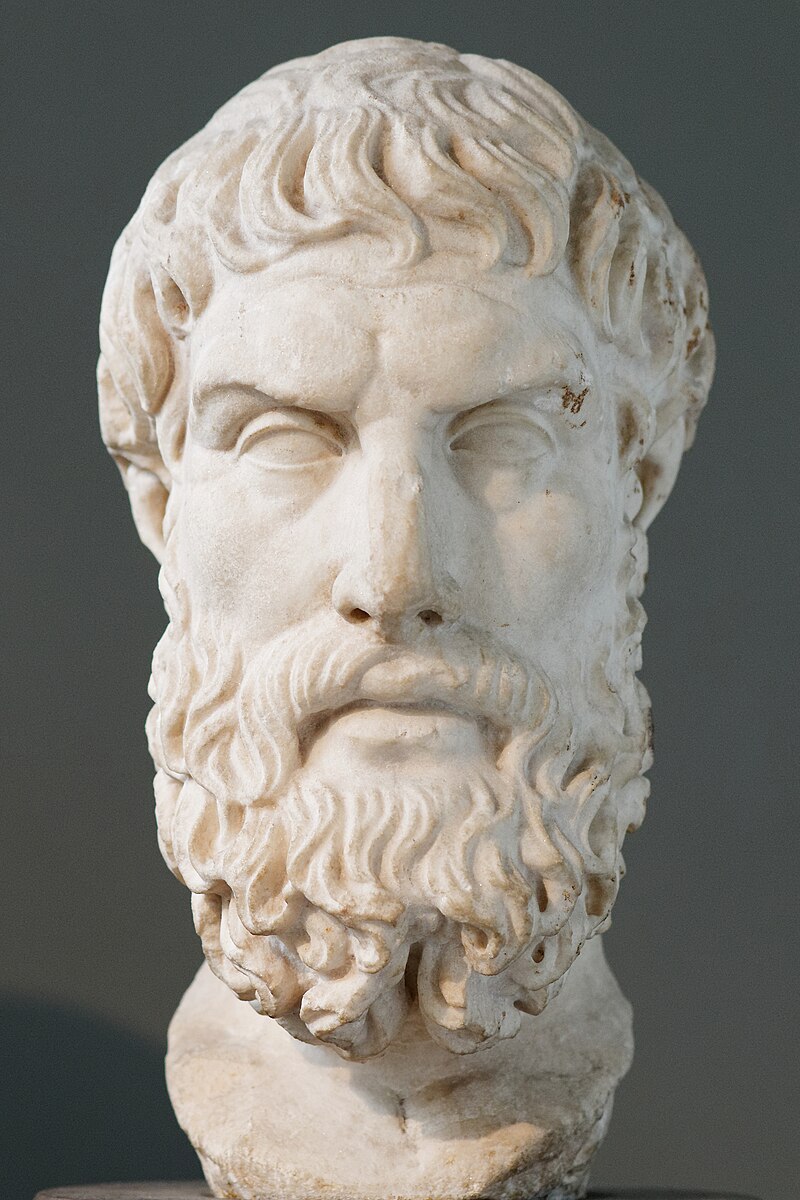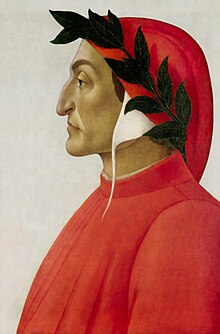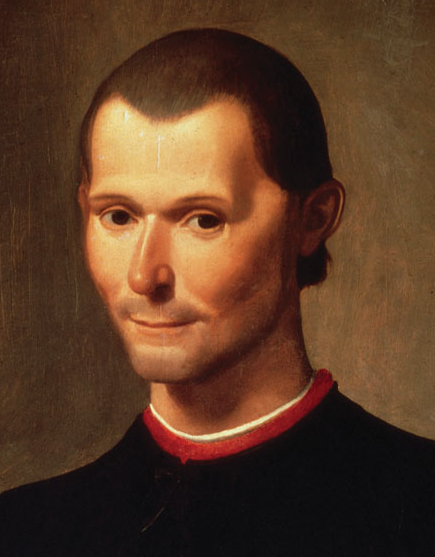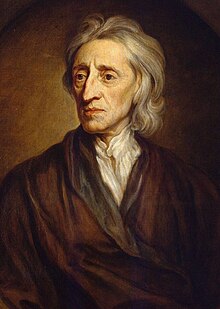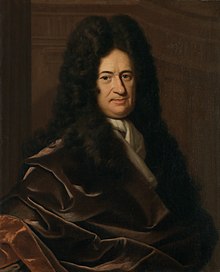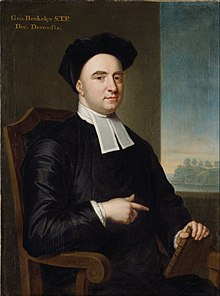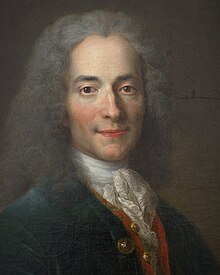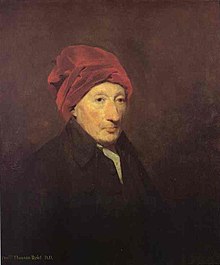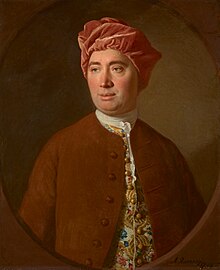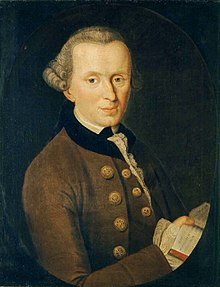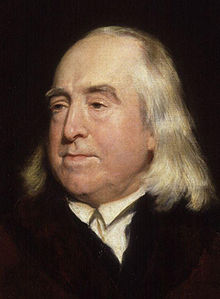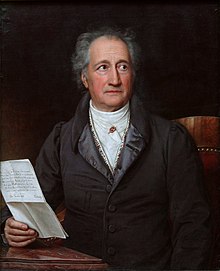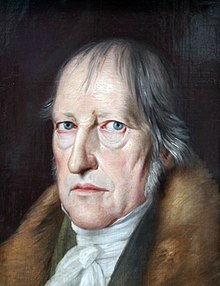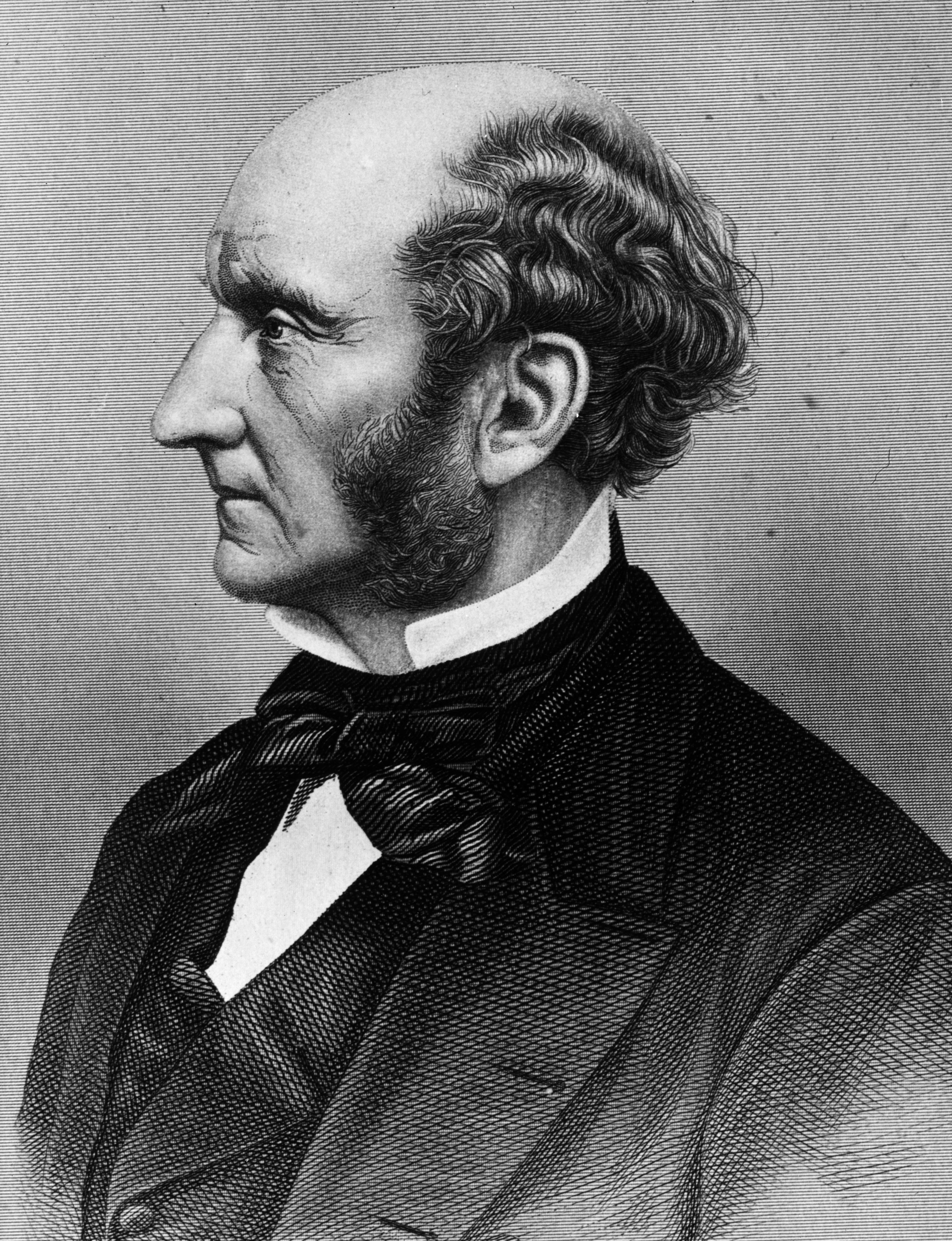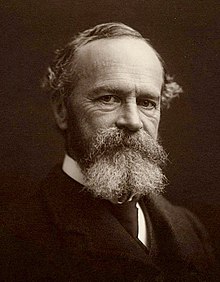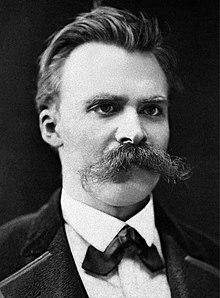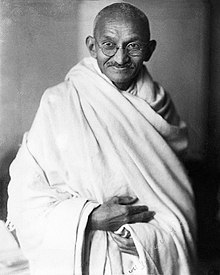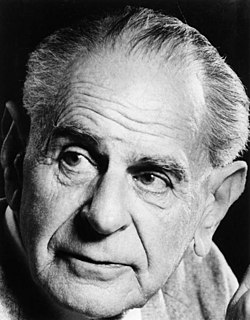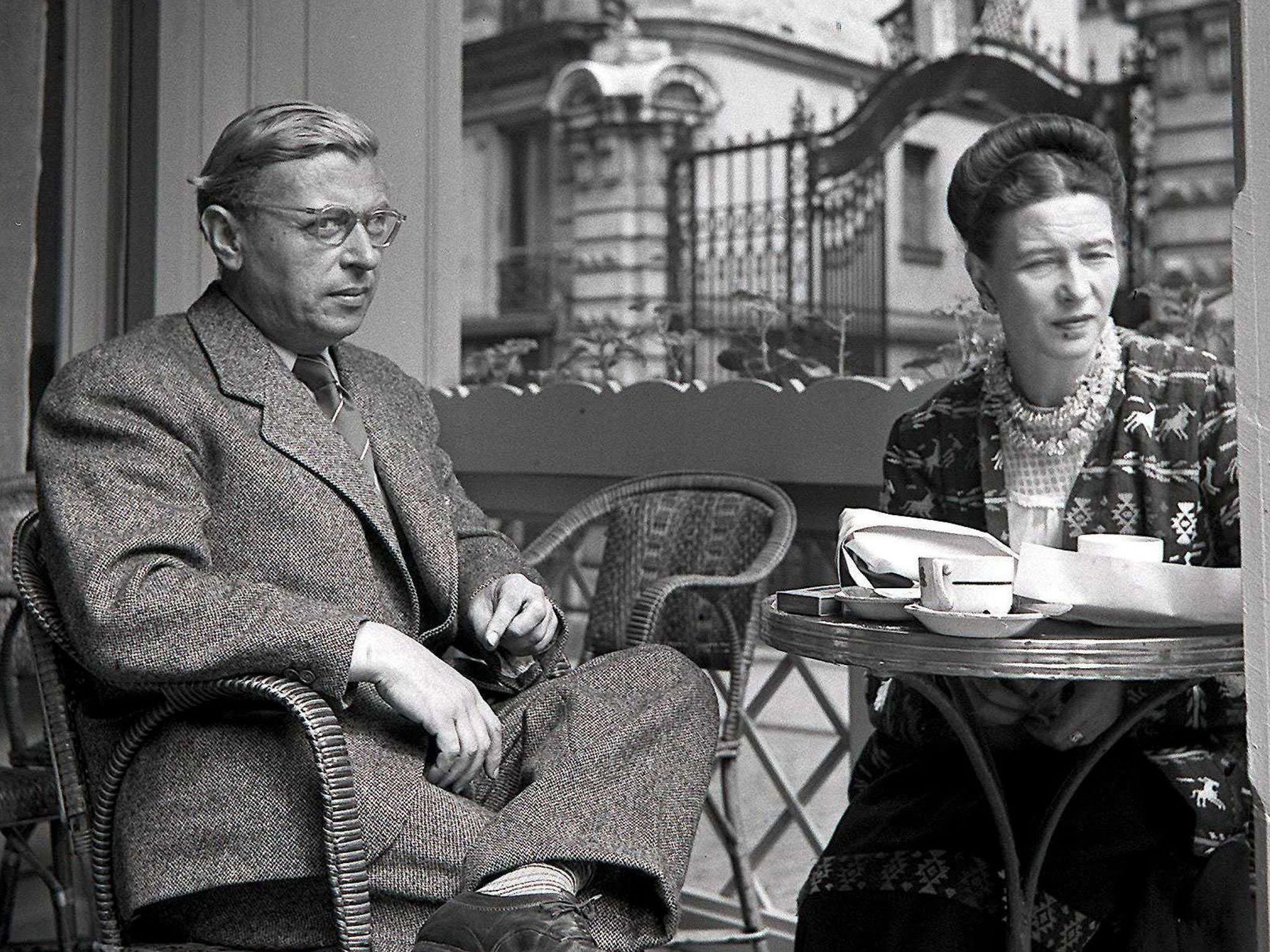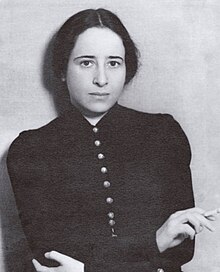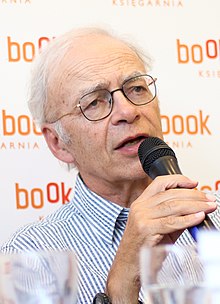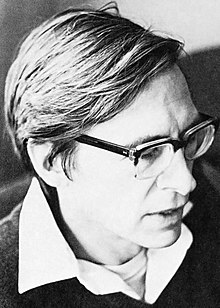Zarathustra
It's up to an invidividual to choose what is right (light - aša) and wrong (darkness - druj). Light isn't good and darkness isn't bad - it's just 2 opposites. Desire in itself is not evil - it's incentive and motivator for life. Founder of one of the oldest world religions that exists to day - Zoroastrianism (good, evil, heaven, hell, angels, demons, judgment). They worship fire and one such everlasting flame is Atash Behram - which is several centuries old.
Uddalaka Aruni
Life is the search for oneself - Atman. All else that remains is the vastness of the universe - Brahman. Universe is not created by a god, but made from atomic particles. He would travel with his son and tech him. One such story: 'cut a fruit - what do you see? - seeds. Cut the seed - what do you see? - nothing. No, what you see is the essence of life - brahman. So is human - if you cut human to small pieces enough - you will eventually reach to the essence of life as well. Therefore, human is also universe - Atman is Brahman.' Monoteism.
Thales of Miletus
Considered to be the first (western) philosopher and mathematician. Water is the essence of life. Water can change form: be solid, fluid or gass. Introduced geometry to Greece. God is the oldest of all things, prexisting them. The world is such a beautiful and perfect place because of God.
Laozi
A semi-legendary ancient Chinese Taoist (Daoist). Taoism (Daoism) is a phylosophy, which strives for a natural, calm flow of life. Take it slow, go with the flow, strive to be ninth, rather than first. Seek for simplicity and humility, for a life of strive bring unnecessary stress and discontent. Peace and silent work. Things you do should not be hard for you. This doesn't mean that you shouldn't work hard, but such work should come naturally to you. Live with compassion, sincerity and kindness. Tao (Dao) can be translated as 'the Way' or 'the Path'. Taoism also embraces Ying and Yang, which manifests in the contrasts. For example, 'to succeed you need to fail', 'without good, there cannot be evil'...
Pythagoras
Abstract ideas are perfect. Its' simplicity and elegance are the primary criterias of it being right. It doesn't have to represent the reality as we see it today, for we see too little. An equation representing a concept today may mean nothing practical, but be applied decades later. Had a cult who worshiped numbers. Considered to be the first philosopher. Ruled a province and was dethroned.
The Buddha (Siddhartha Gautama)
Buddha was born as a prince. It was prophesised that he will either grow to be a great king or a spiritual leader. Legend has it - that as a toddler he spoke to his mum and said he will bring great things. Buddha was protected from the outside world darkness by his father - the things he would see would tend to be nice and beautiful. However, once he went outside and saw the poverty, death. This shocked him, to an extent that he has decided to give away his fortune and titles and set off to mountains. Years later he came back - enlightened and sharing wisdom with everyone else. Buddhism is based on 4 logisms: '1. Life is suffering. 2. Suffering comes from desire. 3. Get rid of desire and you will get rid of the suffering. 4. Buddhism is the path to help you achieve that'. Buddhists promote a modest life where a person dedicates themselves to self-development, analysis of scriptures, seeking the enlightment. The biggest sin in buddhism is to be ignorant. There is even an alegory to illustrate that: '6 blind men were around an elephant. None of them knew what an elephant was, but were told to describe it. One touched the sturdy said and said - it's a wall. Other touched the trunk and said it's like a snake. Third touched the ear and said it's a fan. Fourth touched a leg and called it a pillar. Fifth touched the tail and said it's a rope. Last one touched the tusk and said it's a spear'. The moral of the story - that describing individual parts won't matter until you combine it all - into one big picture. Buddhism promotes acceptance, open mindness, love for all. There are several forms of budhism. Mahayana - focuses on compassion and delays enlightment until all around has reached it - it even says that within every one of us there is Buddha and buddhahood can be achieved by everyone. Zen - elightment is to see extraordinary in the ordinary - even when it's achieved, nothing changes and life goes on - you just have a different perspective on it. The highest truth is inexpressable - no need to depend on words or letters. 'Buddha is 3 wax candles'. The highest knowledge is intituive. Radical religion inspired by buddhism claims that everything is alive (including substance). It was considered a massive sin to eat a fruit with seeds - every seed is its own living thing. This form of budism is called janizm. The three jewels of buddhism are: Buddha, the teachings of Buddha - Darma and Sangha - the longest existing community in the world (started from the start of buddhism). Rejected philosophy as a thing.
Confucius
Confucius was a great teacher, who actually didn't think his life was successful. For the great part of his life he thought that he is a failure, because he wasn't able to find a job. He was looking for a job as advisor, but his direct tongue got in the way. He has said many phrases. For example: 'Learning without thought - pointless'. 'Thought without learning - dangerous'. 'You won't learn unless a thing to hold that you know it and when you don't - to allow that you don't know it'. 'To see what is right and not do it is the worst cowardice'. 'It does not matter how slowly you go, as long as you do not stop.' Confucius was the author of 'Do not do to others what you do not want done to yourself'. Woman insubordinance is hard to deal with: if you are too friendly to them - they take advantage of you, if you keep your distance - they resent it.
Herodotus
The first historian. Rather than just documenting the facts, he tried to document the grand mistakes that people made. He documented the biggest conflicts - wars. He was careful putting a distinction between opinion and facts. According to him - the motivation of wars comes from defending ones principles (rather than hatred, religion or similar external factors). He called a man dying for his principles a happy man.
Socrates
Loved asking deep questions (to other people - mostly soldiers), until they would start contradicting themselves (socratic method). He claimed he was ignorant and knew nothing. Oracle of Delphi called him the smartest of all - for he has admitted knowing nothing yet striving to learn more. Did not document his teachings. When caputred, he did not give into his principles and for that reason was executed. Was a firm believer that fundamental truths (like Pythagoras theorem) are intuitive and it is knowledge that everyone is familiar with, just lost in our consiousnes (dialogue with a barbarian).
Mozi
People are inheritenly good. We should try to love everyone equally, regardless of their connections to us. Seeked to bring back the simbolic meaning of rituals for simple people, criticizing extravangt rituals - calling them excess. Encouraged logical thinking, rejected superstition. Sought to maximize the overall hapiness of people by promoting the above.
Plato
A part of Socrates circle. The author of socratic dialogues (he claimed he marely documented Socrates, but he either lied or gave a good portion of himself). One of the first dramaturgs (tragedies). Acknowledged the duality of a person: a feeling, passionate person; a rational, thinking person. Passion is what motivates and sometimes it seems we do the unrational. Republic - tried to understand the civil morals, how a person ought to live, what it means and takes to be a good person, lead. Allegory of a cave: 'imagine being changed in a cave. In front of you - a wall. Behind you - light. As different objects pass by the light - you see a reflection - a shadow on the wall. It's not the reality itself - it's just a distortion of it'. If we had the power to turn invisible, no matter good or bad, we would all turn corrupt and do our own bidding.
Vyasa
A legendary sage, demi-human. He is considered to be the author of Mahabharata - the longest epic - 200000 verses long (1.5~2k p.). One of the ideas in the book - Karma Yoga - to do things without the thought of doing it. It's a focus towards being disattached from the results and rather focus on the process, the pure enjoyment of it. Bhagavad Gita, a part of this epic, contains a discourse between Lord Krishna and a warrior Arjuna, hwere Kirshna explains the three gunas. All living beings and nature are composed of various portions of the gunas. Sattva: purity, balance, harmony (wisdom, knowledge, goodness) - when it dominates, such individuals are calm, compassionate. Rajas: activity, energy - when it dominates, such individuals are driven by desires and str impulsive. Tamas: inertia, darkness - when it dominates, such individuals are lazy, unmotivated.
Aristotle
Father of most of nature sciences. Formulated a definition of logic. To truly understand things one should touch them, feel them. Experience is important. The true joy of life is self-development. 3 kinds of friendships: for pleasure, for utility - the third one - the most important one - a friendship where each party wants good for the other without wanting anything for themselves in return - Philis Eudimonia. Virtues are a middlepoint between extreme deficiency and excess.
Zhuangzi
'Am I a human who just woke from a dream or a butterfly, who dreams to be a human?'. People suffer from incomplete perception. Reality is not fixed - it depends on people's experience, interpretation. A change is innevitable and thus rather than resisting it - one should embrace it. Effortless action (Wu Wei) - engage in actions without force or undue effort, go with the flow of harmony - that way achieving greater affectiveness. Language is inneficient.
Epicurus
Knowledge is needed so that it can eliminate fear and anxiety caused by the unknown. The typical religion of worship and superstition should be replaced by a relgion of contemplation. No act by itself is good or evil - it all depends on the long term consequences. In terms of hedonism - pleasure. Pleasure is the absence of pain. That does not mean to have sex, drink alcohol, etc - on contrary - it is to live a modest life with just enough to meet your needs. Peace of mind is reached leading a minimalistic life, in contemplation, away from society, with friends. He gathered people into his house (garden) and taught the beauty of life, the need of tending to your environment and oneself. Epicurus lead life 100% according to his teachings.
Saint Augustine
Initially, had a very active and rebelious childhoood. Converted to Christianity only in his 30s. As most stoics, encouraged the love for life. Tried to answer the question: 'If god is all-mighty and all-good, why does so many bad things happen to us?'. He gave multiple answers (over time), but the one that stuck to most cultures is the eternal fight between god and evil. Good is all-good and all-powerful, but the equivalent opposite force exists - therefore balance.
Adi Shankara
Everything that exists is only in one's mind. The concept of heaven and hell are created by humans and you don't have to die to live in one or the other. Shankara is the founder of Advaita Vedanta - Buddhist school of thought - universe is an illusionary projection of the consiousness. He traveled around India and debated other schollars, founded monastaries, composed hymns.
Thomas Aquinas
Started a rational analysis of religion - scholasticism. Didn't like other philosophers, however had great admiration for Aristotle. Called him The Philosopher. He said that to reach salvation, on top of being virtious, one should also be generous. He claimed that laws should be modeled based on ideals that people ought to follow. Thomas Aquinas stated that the evidence of freedom of will are punishments. If there was no freedom of will, then punishments would be vain, unjustifiable.
Niccolò Machiavelli
The greater good or how as long as the goal is worth it, how you achieve it doesn't matter. Public and private morality are two different rules. A ruler should not be limited by what other people think about him and make unpopular, or maybe what seems bad decisions for the people, if it yields good results eventually. For this radical way of thinking, he was often called 'The Devil'.
Francis Bacon
Essentially started the scientific method which strives to prove theories through experiments. A failed experiment is all that is needed to disprove a theory. Without experience - nothing can be known. Two modes of aquiring knowledge: reasoning, experience. If you wish a guide in the search of knowledge - let that guide be experience. Choose the light of experience, not the authority of texts. 'Like falling in love with a picture, words are simply representative of thing in the external world. If you were interested in the external world, venture into that world, don't just talk about it.' Wanted to create a science for the human mind (first ideas of psychology).
René Descartes
A daydreamer, a mercenary - a true adventurer. Wrote a treatise on fencing. Said: you cannot be sure whether you experience a dream or reality. The only thing you can be sure of is of your own thoughts - 'I think therefore I am' (cogito ergo sum). Dualism of mind and body (mind doesn't have to be contained within a conventional body). Invented Cartesian coordinate system. 'Discource of method: 1. Accept nothing is ture. 2. Divide problem into as many steps as we can. 3. Work from the smallest step of a solution to a larger one. You reach the overall solution by solving fundamental problems. 4. Test it. Rather than finding a proof - search for exceptions to the rule.'
Blaise Pascal
You cannot be sure of anything. He made significant contributions in probability and set theory, fluid dynamics. He could never be sure whether God existed, but that uncertainty was only a logical motivator for him to be invested in religion: if God actually exists, it's not worth gambling a single lifetime for an eternity of hell that could await. After all, even if you are invested in God, you don't lose almost anything (as you are a decent person).
Isaac Newton
Model an abstract idea into most simple, small, basic concept. For example, instead of planets, think of dots. This is a so called idealised model or a hypothesis. Improved scientific method by striving to come up with general principles that apply in practice and at all levels without exceptions. Deductive reasoning: 1. premise. 2. logical justification. 3. conclusions. 4. experimenting. Lifelong scholastic. Invented calculus, defined a general law of relativity. Was considered the last alchemist.
John Locke
A good friend of Newton, further pushed the philosophy of science. Some thoughts can eixist without invoking experiences: intuitive (for example a contradiction: something can be and not be) or demonstrative (abstract proofs). We start with nothing and get everything through experience. You can either sense and experience an object or just experience it. Personal identity is a collection of experiences. Simple fundamental parts make a greater whole. Each object can be examined with a primary quality - direct experiences (hardness, shape, weight) and secondary quality - subjective experiences, which will be different depending on the observer (color, tase, smell, texture). The difference between a thought and experience is that experience also includes a concept of space and time.
Gottfried Wilhelm Leibniz
He argued lock's materialism. 'Nothing is in the mind except what is in the sense, unless there already is an intellect'. There can't be a mind that is empty, we not only experience, we know that we experience. All the experiences are a group of something, it's hard to single out one thing that caused a sensation. For example 'sweetness', 'bitterness', 'blueeness'. Leibniz accused Newton of plagiarism on Calculus - because he too has invented it and in fact published it earlier. However, the claim was rejected for the way the two implementations work are too different to be considered plagiarism.
Thomas Reid
Father of common sense philosophy. Founder of the Wise Club - where people pondered philosophy, planned and wrote papers, improved each other. An inquiry to human mind is a great treatise criticising philosophy full of good rationale. Principle of a common sense - things we take for granted in life., There are principles and rules unconditionable, not requiring an opinion or proof. For example, catterpillar crawls a hundred leafs until he eats one fit for its diet.
David Hume
Open-minded, to an extent that liked to deny his own thoughts. Didn't like guesses, especially that which people don't understand and simply call 'God'. Tried to figure out what motivates people, the meaning of life - called that utility - thus the word utilitariasm - maximizing pleasure and minizming pain.
Immanuel Kant
Father of metaphysics. Synthetical apriori knowledge - things which don't have to be accurate, not real, but widely spread, accepted by public and that is enough. Spent a significant amount of time on ethics. According to him, people should act morally regardless of their emotions. If your morale is driven by emotions and not reason - you are being immoral. Even if you did something that would be interpreted as moral, if that was done as a reaction, rather than a consious thought - then it is not a moral action. You cannot ever lie, not even say a white lie. If everyone did white lies all the time - world would decend into chaos. The only exception is when one white lie would cause more harm to someone else - then it's okay to say it. This is Deanthological moral theory - unconditional morals. Tried to answer 3 major questions: what should one know? what should you do? what should you hope for?
Johann Wolfgang von Goethe
Romantism writer and scientist, Goethe would write about scientific subjects through a prism of romantism. For example, he wrote about colors from the point of view of what a human feels, rather the newtonian approach - the physics of it. Wrote about human desires and what it means to be happy.
Georg Wilhelm Friedrich Hegel
A cryptic writer, whose works were hardly understood by others, even himself. He said that the world is uncontrollably moving through breaththroughs which we cannot understand until they happen. He talked about the freedom of will, freedom of speech. The freedom was not only of an individual, but of a society as a whole. Each breakthrough expands the way of thinking (of both) and gives more freedom (to both). Thesis, antithesis, synthesis. Progress through conflict. A thougtless application of thought itself may confuse us into believing we have witnessed reality as such, when in fact we have reviewed a product of a method.
Arthur Schopenhauer
Pesimistic, who said that life is meaningless. He wrote about invisible forces of the world. 'World as a will' - we (humans, animals, forces of nature) - are all led by some unknown force. We're all a part of the same. Art, especially music, is the best example 'world as will' as it encapsulates the ages. Also a hypocrite, because he didn't really respect others - even pushed one old lady, who died. He then created a poem and mocked her.
John Stuart Mill
A genius boy (raised as a genius as an experiment by his father), inspired by Bentham developing ideas of utilitariasm. Idea of higher and lower pleasures: it's better to be a sad human than a happy pig. One of the first feminists, fighters of equality. People should have all their freedoms unless those freedoms hurt others.
William James
Philosophical questions are meaningless, unless they in itself bring practical value. Pragmatic philosophy. Words are an innacurate representation of the world. The world is actually expressed through people. Truth is value (gain). Radically empirical, meaning that even preminisions and other things that science cannot explain shouldn't be rejected, rather we should look for a new science to explain it. We cherry pick things we want to experience.
Friedrich Nietzsche
Pessimistic. There is something beyond good and evil and humanity should strive for it to reach the next stage. Superhuman idea - a human who could go beyond morale. Went mad at the end of his life. Was an emphatic person - there is one documented event where Nietzsche came to a mistreated horse and started kissing and soothing it. Jesus was just a religious rehearsal to put people in their places. Compared Jesus to Dostoevsky's Idiot.
Sigmund Freud
We often don't do what we want. Our true desires lie deep in our subconscious - for example, in our dreams or in failures (failures he said may be done on purpose without realising that). Our true desires are revealed by simply letting one talk (psychotherapy). Parents and other people often tells us this is good, this is bad. Then they add a because where it is usually a scripture or custom or law. That's just the surface. What actually is going on - institutions and practices are created for the society to promote marriage and heterosexuality for the purpose of reproduction - survival theory. Froid also talked about Edipus complex and for this and latter theories he was not very liked by his contemporaries.
Mahatma Gandhi
The face of piece. Gandhi sought Indian independence against collonial Bittish rule. He has started satyagraha - non-violent resistance. He promoted simplicity, self-reliance, equality, fearlessness and sacrafices for the greater good. He had a wife and a 4 children. To show that he is able to have ultimate self-control, he slept in the same bed with his colleague and managed to hold his urges. He said that: 'my life is my message'.
Bertrand Russell
Pacifist, materialist. Author of set theory. Analyzed paradoxes. Linguistics - a setence can be: a - about one concrete thing, b - about a group of similar things, c - about a group which is always the same, unchanging. If you understand this - you can answer true or false to anything.
Jean-Paul Sartre and Simone Bolivar
Lovers for life (even though officially married to other people). Most was written in a caffee. Existentialism - meaningless being. We choose how we live our life - it's our choice whether we want to give it meaning or not. In its' essence - human is meaningless. To be sad - is also a choice. Satre was using meth, his work was near impossible to understand in the end.
Hannah Arendt
Is a man guilty, if they just followed the orders? For example a nazzi, who was responsible of scheduling trains on time - was he guilty of doing a good job and scheduling jews killings? She would said - not guilty, because if circumstances were different - that person could even be a good person.
A. J. Ayer
Boo! Hooray! theory - sentiments shouldn't be used when proving a point. For the same reason there is no point in discussing moralility by itself. For example - is torture bad? Is being friendly a good thing? To answer such questions is the same as shouting 'Boo!', 'Hooray!'. We can discuss these things - but facts and concrete examples need to be a centre piece of it all. Most philosophy is useless, especially metaphysics (becuase it's about nothing).


